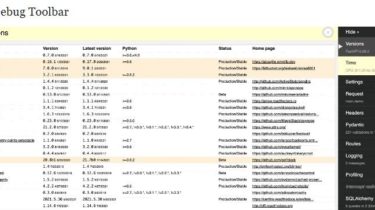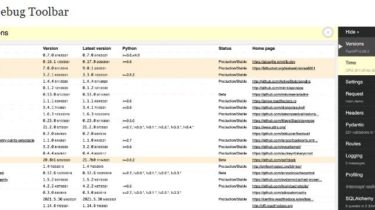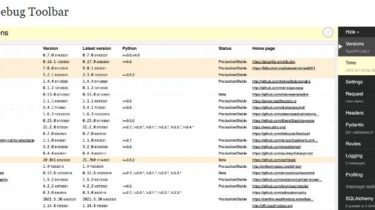Gcp-doctor: a command-line diagnostics tool for GCP customers
gcp-doctor is a command-line diagnostics tool for GCP customers. It finds and helps to fix common issues in Google Cloud Platform projects. It is used to test projects against a wide range of best-practices and frequent mistakes, based on the troubleshooting experience of the Google Cloud Support team. gcp-doctor is open-source and contributions are welcome! Note that this is not an officially supported Google product, but a community effort. The Google Cloud Support team maintains this code and we do […]
Read more








